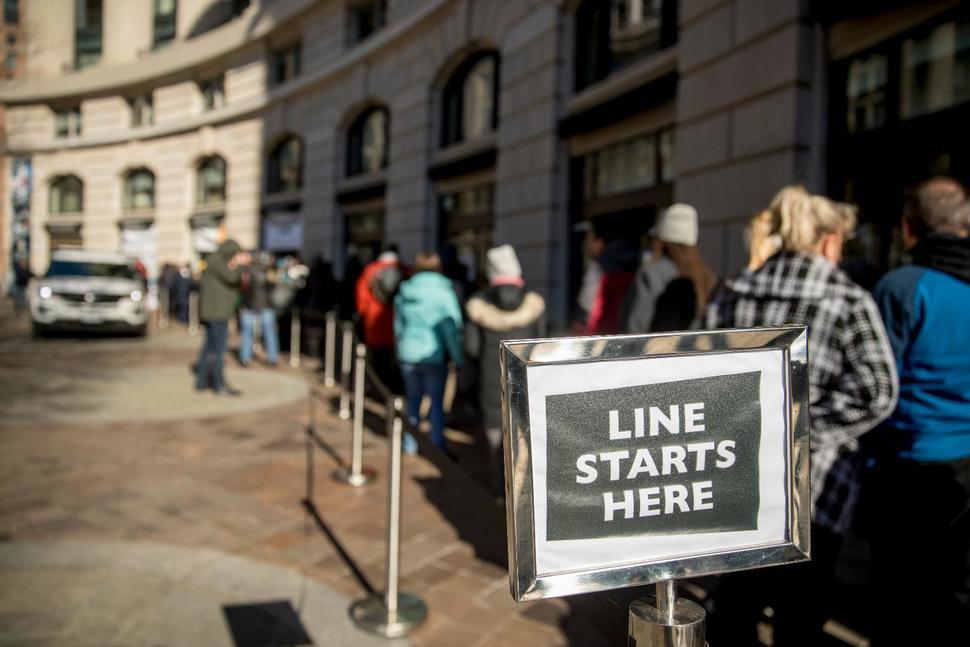
The Dutch Data Protection Authority has slapped Uber with a hefty fine of 290 million euros ($324 million). Behind this heavy fine, Uber exposed serious problems in data processing and protection, and once again put the tech giant on the spotlight.
According to a statement from the Dutch Data Protection Authority on Monday, Uber has been accused of transferring sensitive personal data of European taxi drivers to servers in the United States, which is a serious violation of Dutch and European data protection regulations. This sensitive data includes, but is not limited to, drivers' account information, taxi license plates, real-time location, personal photos, payment details and even ID information. What's more, in some cases, Uber has even collected drivers' criminal records and medical data. Such large-scale, indiscriminate data collection is undoubtedly a major violation of personal privacy.
It's worth noting that this isn't the first time Uber has been penalized over data issues. Back in 2013 and 2018, the company was fined €10 million and €600,000 respectively by the Dutch Data Protection Authority for similar issues. However, it seems that Uber did not pay enough attention to these lessons, but went further and further on the road of data processing, and eventually led to today's heavy fines.
The incident was triggered by a collective complaint by some 170 French drivers. Since Uber has its European headquarters in the Netherlands, the burden of the investigation naturally falls on the Dutch Data Protection Authority. In the course of the investigation, the Dutch side also coordinated closely with other data protection authorities in Europe to ensure the fairness and authority of the processing.
However, in the face of such a severe penalty, Uber has shown reluctance and resistance. The company has made it clear that it opposes the fine and may pursue further legal action. This attitude has undoubtedly led to more questions and criticism. As a technology company operating on a global scale, Uber should assume more social responsibilities and strictly comply with local laws and regulations, especially those related to personal privacy and data protection.
From this incident, it is not difficult to see Uber's negligence and disregard in data processing. In the digital age, the protection of personal data is Paramount. Enterprises not only need to comply with relevant laws and regulations, but also should establish a sound data protection mechanism to ensure the security and privacy of user data. However, Uber's behavior in this incident is surprising.
First, transferring European drivers' data to servers in the United States is inherently risky. In the process of cross-border data transmission, once it is leaked or illegally obtained, it will cause irreparable loss to personal privacy. In addition, Uber has been punished for similar problems before, and should learn from the lesson and strengthen internal management to prevent similar incidents from happening again. However, this is not the case.
Second, Uber's transparency in handling data has been called into question. While companies may mention information about data collection and processing in their privacy policies, in practice it is often difficult for users to understand how their data is being used and shared. This information asymmetry has led to reduced trust in Uber and raised public concerns about data security and privacy protection.
Finally, Uber's defiance in the face of penalties from the Dutch Data Protection Authority is even more disappointing. As a company with a sense of social responsibility, it should have the courage to admit mistakes and actively correct them, rather than evade responsibilities. This defiant attitude will not help solve the problem, but may further damage the company's image and reputation.
In summary, Uber's negligence and misconduct in data processing and protection have led to serious consequences. This incident is not only a wake-up call for Uber, but also provides a profound lesson for other businesses. In the digital age, data security and privacy protection have become one of the core competitiveness of enterprise development. Only by strictly abiding by relevant laws and regulations and establishing a sound data protection mechanism can we win the trust and support of users and achieve sustainable development of enterprises.

On October 30 local time, Wes Moore, the governor of Maryland, USA, declared a state of emergency across the state to deal with the economic shock brought about by the federal government's "shutdown".
On October 30 local time, Wes Moore, the governor of Maryla…
In late October local time, just days after the signing of …
On October 29th, local time, the Federal Reserve concluded …
When the autumn leaves in Washington turned golden, the US …
Recently, according to MarketWatch, the supply of beef in t…
When NVIDIA's market value exceeded 5 trillion US dollars, …